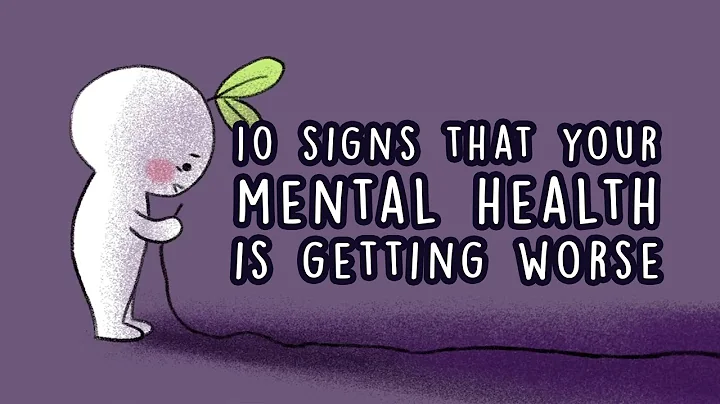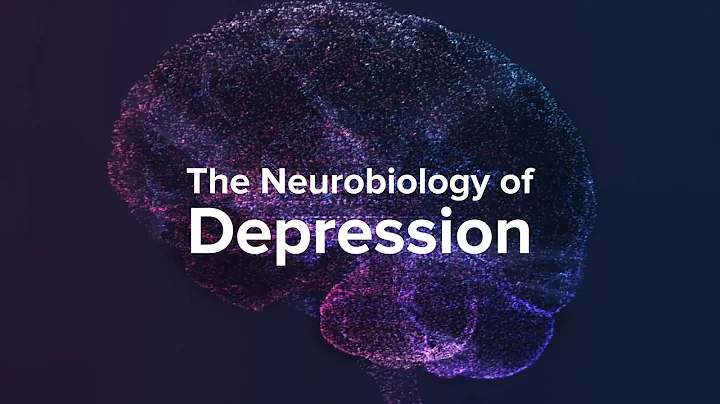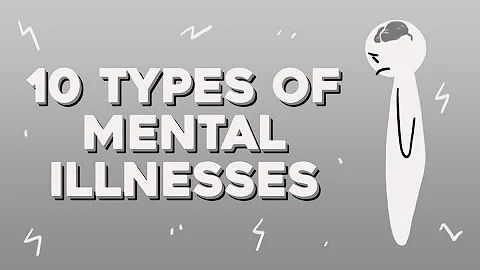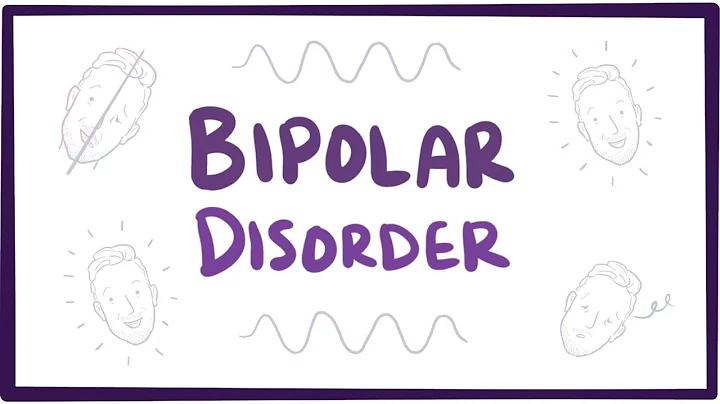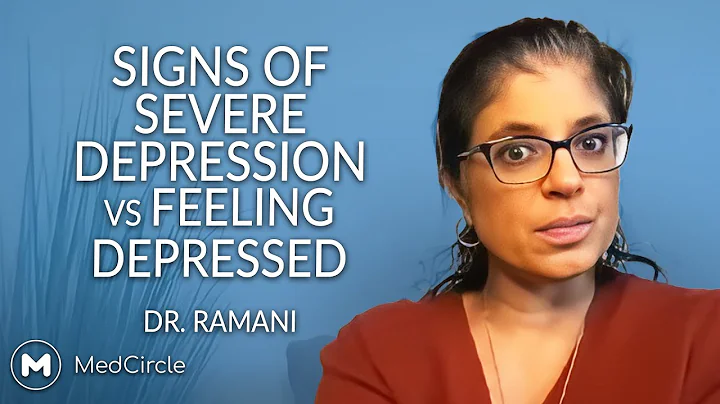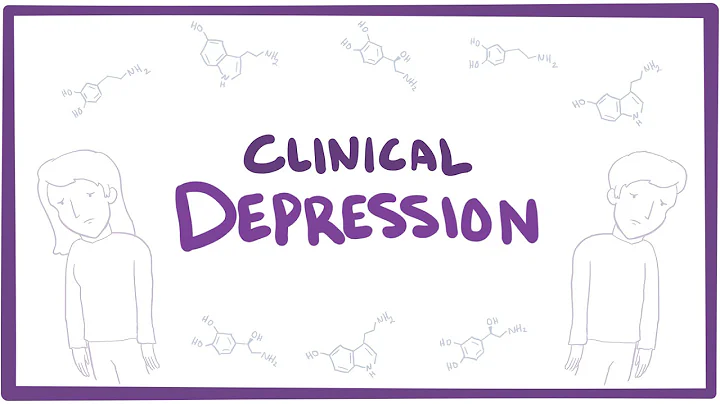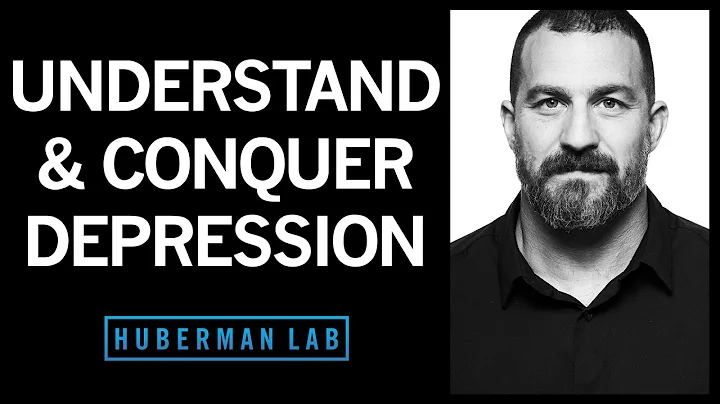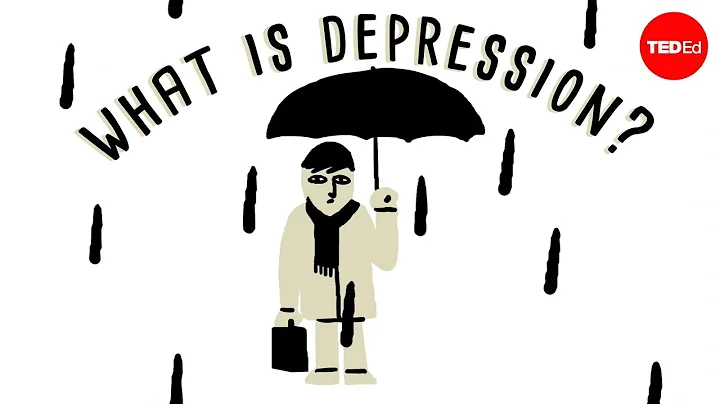
- Depression and obesity often go hand in hand
Depression is the most common mental illness in modern society, with long-term low mood as the main clinical feature.
Depressed patients may experience symptoms such as insomnia, fatigue, drowsiness, palpitation, chest tightness, nausea, vomiting, loss of appetite and other symptoms. Most patients with depression will also experience weight loss.

However, there are also some patients who increase their food intake after getting sick, and choose to eat non-stop in order to relieve their depression, and even develop bulimia, which leads to patients becoming gradually obese and gaining weight.
In addition, patients with depression have hyperfunction of the hypothalamic pituitary gland-adrenal axis, and excessive secretion of glucocorticoids will also promote obesity, and obese people are more sensitive to glucocorticoids than those of normal weight.
At the same time, the fatigue and low mood caused by depression will cause patients to reduce their activities and aggravate the formation of obesity.

Depression and obesity have a two-way promoting effect. Compared with people of normal weight, obese patients are more likely to have emotional disorders, such as autism and depression. These emotional disorders can make them isolated from society and unwilling to contact them. If people around them still hold discriminatory attitudes towards them, it will further aggravate their inferiority complex and emotional disorders; in addition, obese patients have higher levels of fat inflammation than normal people, which will further aggravate depression through neuroimmune regulation mechanisms. And when a person suffers from depression, it is easy to fall into a vicious cycle of depression and obesity.
After suffering from depression, if the patient takes antidepressant drugs such as norepinephrine and specific serotonin reuptake inhibitors (such as mirtazapine , etc.), it may cause the patient's appetite to greatly increase and aggravate obesity. But not all antidepressant drugs will cause weight gain. For example, sertraline, fluoxetine , etc. may reduce the patient's appetite, leading to weight loss.
- Can patients with depression and obesity consider metabolic bariatric surgery?
If a patient with depression is obese due to the above reasons, it is recommended that the patient properly control his diet, strengthen physical exercise, and try to avoid drugs that aggravate obesity to control his weight.
As a medical treatment for obesity, bariatric metabolic surgery has been proven and widely recognized at home and abroad. It can help obese patients lose a lot of excess weight, regulate body fat distribution, and promote the body to return to a healthy state. It can also effectively solve various complications of obesity, such as diabetes, high uric acid, and hyperlipidemia. , fatty liver , polycystic ovary, etc. Many patients with refractory obesity and those who have failed medical/conservative weight loss methods can achieve their ideal weight through bariatric metabolic surgery. However, its suitability for post-depressive obese patients needs to be carefully evaluated.

Bariatric metabolic surgery has high requirements for postoperative management and care of patients. Patients need to eat and exercise according to the recommendations of health managers and nutritionists after surgery, so as to ensure the safety of the surgery. properties and effects.
Patients with mental disorders may not be able to cooperate with the guidance of health managers, resulting in unsmooth recovery after surgery. Therefore, medical institutions with more experience in carrying out related bariatric metabolic surgeries have complete postoperative management systems.
This does not mean that bariatric surgery cannot be performed if there is a psychological disorder. Depressed patients need to undergo a complete and comprehensive psychological assessment before surgery to ensure that they can cooperate well with the health manager after surgery.
As long as the psychiatrist assesses that the operation will have little impact on the patient, bariatric metabolic surgery can be performed. If the assessment cannot be passed, the relevant surgery is not recommended.
For obese patients with depression who can undergo bariatric metabolic surgery, their obesity condition is improved after surgery. In fact, this can also improve their psychological disorders and form a virtuous circle.
recommends that obese patients with depression who wish to be treated with bariatric metabolic surgery can first receive treatment and evaluation from a specialized psychologist, and then go to a medical institution that performs bariatric metabolic surgery for evaluation and surgery.
Note that the indications for metabolic bariatric surgery are as follows:
Simple obesity BMI≥37.5;
Obese people are 32.5≤BMI<37.5,>
When 27.5≤BMI<32.5,>

Scan the QR code to follow
Beijing Millennium Monument Weight Loss Center
_______________________________
WeChat public account ID: bjsjtmbc


